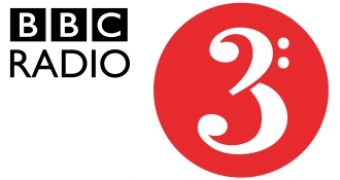Many users were blocked from accessing the BBC Radio 3 website earlier this week due to a Google warning about its pages being infected with malware.
The site was blacklisted by the Google Safe Browsing service because "4 page(s) resulted in malicious software being downloaded and installed without user consent."
This blacklisting service is used by the Firefox and Chrome browsers for checking URLs, as well as Google's own Web search engine.
"The last time Google visited this site was on 2010-09-09, and the last time suspicious content was found on this site was on 2010-09-09," the company informs via its diagnostic page.
BBC Radio 3, who's broadcasting focuses on classical music, opera, jazz, drama and art, seems to have been the victim of a mass injection attack, since the same infection has affected at least 654 other websites as well.
According to The Register several antivirus experts confirmed that the site was clean as of Thursday, but the warning lingered on until Google's anti-malware bots rescanned it.
The incident couldn't have came at a worse time for Radio 3, with the Last Night of the Proms, an important classical music event, coming up.
Legit compromised websites rank at the top of attack vectors used by cybercriminals today. And in the context of attacks that adopt a hit-and-run-like approach, protection methods that rely on blacklisting have repeatedly proved inefficient.
We don't know when the BBC Radio 3 website was initially infected, but from past experience, we can assume that there was a significant window of exposure until Google detected it.
And even if there wasn't, a lot of people accessing the address directly, like Internet Explorer users, don't receive Google Safe Browsing warnings.
Therefore, if you accessed the BBC Radio 3 website recently it's highly recommended that you scan your computer with a capable and up-to-date antivirus program.

 14 DAY TRIAL //
14 DAY TRIAL //